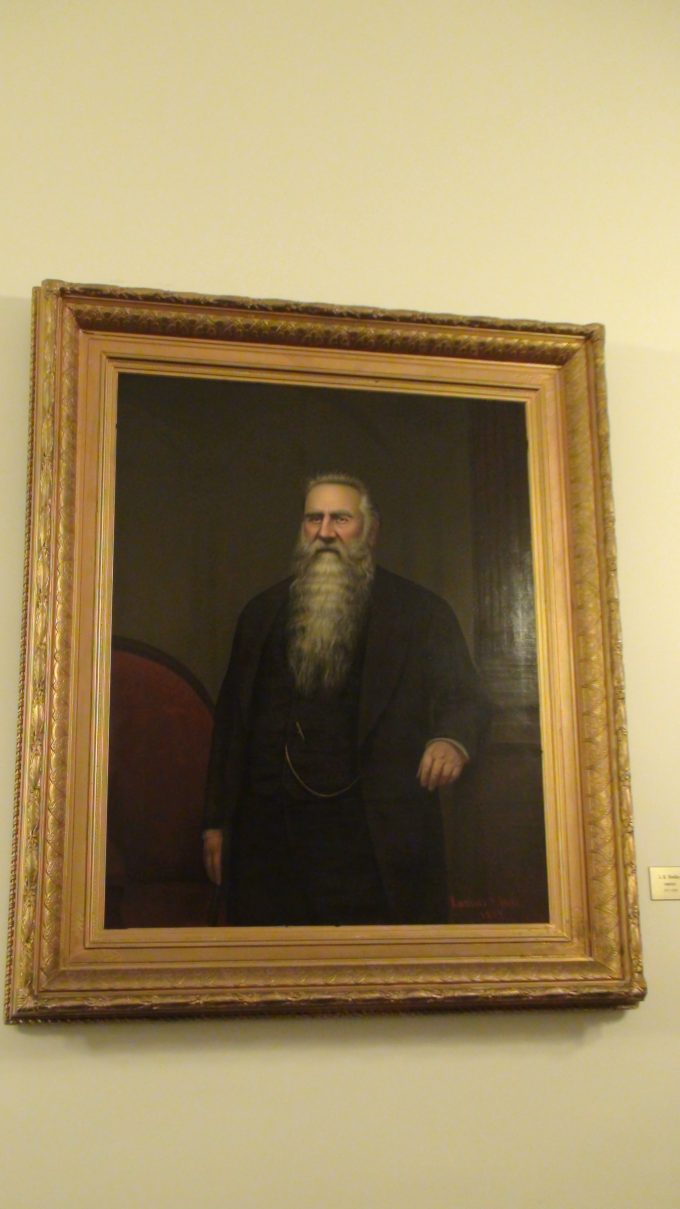
Tuesday, 18 September 2018
Now with whom was He angry forty years? Was it not with those who sinned, whose corpses fell in the wilderness? Hebrews 3:17
The questioning of verse 16 continues now. The answer to each question is expected to be the same. He had asked who it was that rebelled? He then asked if it wasn’t the same group who came out of Egypt as led by Moses. Indeed, it was so. Israel had been brought out, and they had rebelled. Now he asks, “Now with whom was He angry forty years?” The answer is the same, “Israel.” It was their own forefathers who had rebelled, and it was they with whom the Lord was angry for forty years. That is recorded in Numbers 14:26-35.
The author next asks, “Was it not with those who sinned, whose corpses fell in the wilderness?” Again, it was so. Israel had sinned through unbelief. That is explicitly stated in Numbers 14:11 –
“Then the Lord said to Moses: ‘How long will these people reject Me? And how long will they not believe Me, with all the signs which I have performed among them?’”
In that verse, the Lord ties their unbelief in with rejecting Him. Because of this, it says that their corpses fell in the wilderness. The word translated as “corpses” is found only here in the Bible. It literally means “limbs.” It is as if they rotted away as they traveled, falling apart limb by limb. It is the description used in the Greek translation of the Old Testament, and which the author continuously refers to for his citations. The idea here is that the corporate body, known as Israel, fell one after another until they were all dead. With the exception of Caleb and Joshua, all of those counted in the census perished before entering Canaan.
The author is using this example, which is then referred to in the psalms, to ensure that Israel understood that there was collective guilt in the past, and the same was sure to result again if they failed to believe the signs performed among them. This occurred in Israel’s failure to believe the signs of the Messiah. John testifies to this fact –
“But although He had done so many signs before them, they did not believe in Him, 38 that the word of Isaiah the prophet might be fulfilled, which he spoke:
‘Lord, who has believed our report?
And to whom has the arm of the Lord been revealed?’
39 Therefore they could not believe, because Isaiah said again:
40 ‘He has blinded their eyes and hardened their hearts,
Lest they should see with their eyes,
Lest they should understand with their hearts and turn,
So that I should heal them.’
41 These things Isaiah said when he saw His glory and spoke of Him.” John 12:37-41
History had repeated itself, and Israel was about to fail to enter into their rest once again. The kingdom age would not come for Israel. But God has promised them this rest, and it will come about. A time is yet ahead in which it will be realized. Until then, their entry is on an individual basis, through faith in Christ. Someday, however, the collective body will believe, and they will enter the rest promised to them.
Life application: The Lord has spoken, and He expects us to believe His word. When we fail to believe, it is a rejection of Him. His word is intricately tied up in who He is. He is not a man that He should lie. When He speaks, it is a reflection of His character. Let us never be found wanting in our belief in His word.
Lord God, Your word is given, and we are expected to receive it as such. We are shown that a lack of belief in Your word is considered a rejection of You. Your word testifies to the coming of Christ Jesus, and thus a failure to believe in that is to reject You. Your word then explains the work of Christ and how it relates to our daily walk. To fail to walk according to what it says is again a rejection of You. Help us to get this straight, Lord. What Your word says reflects who You are. May we hold fast to what You speak, staying true to You always. Amen.




